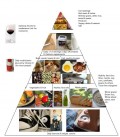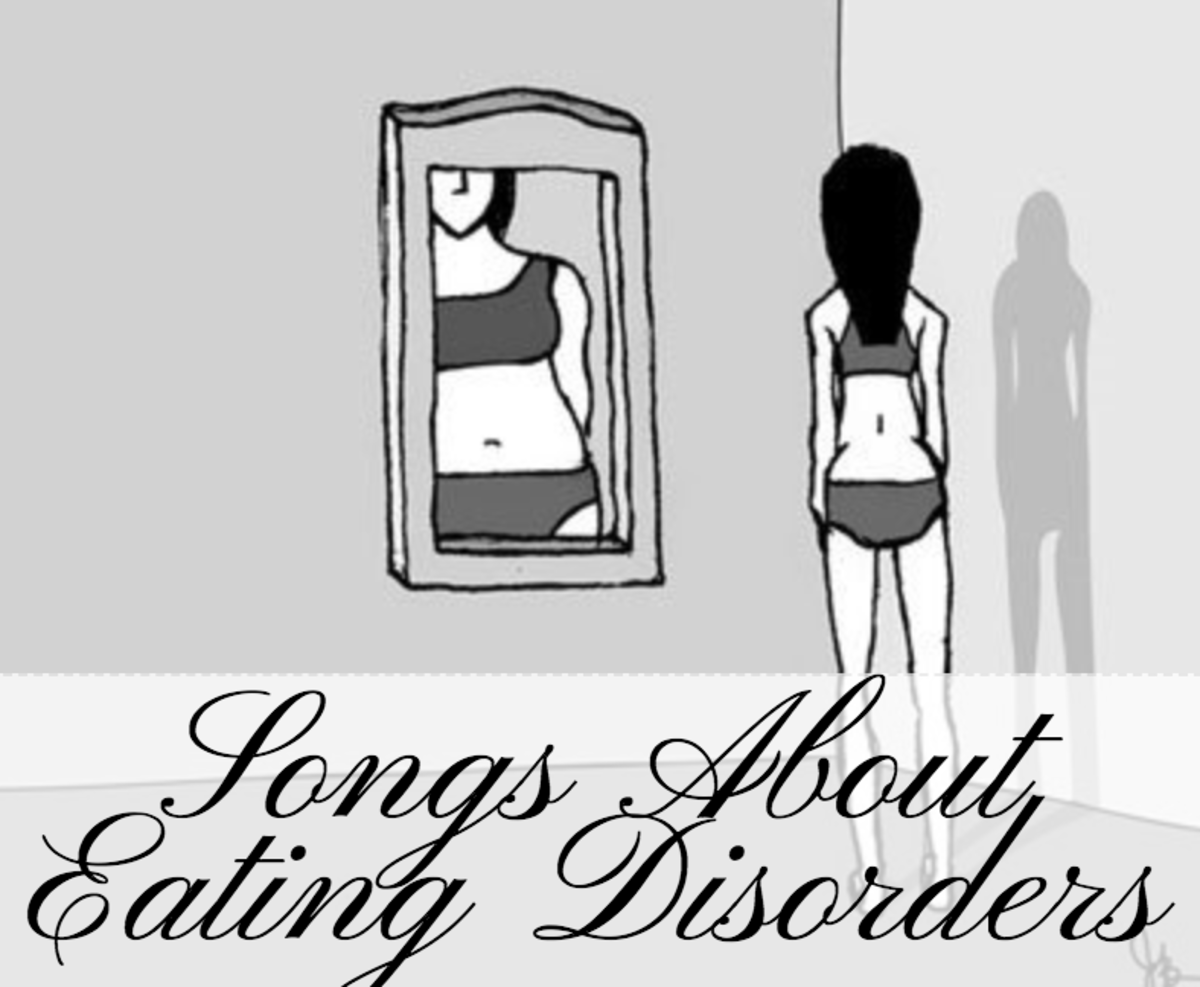Orthorexia Nervosa-Obsession With Healthy Foods
Orthorexia Nervosa is an eating disorder where the patient is obsessed with eating healthy. Thoughts of what they will or will not eat, consumes their lives and takes up a huge portion of their thoughts each day.
“Someone whose days are filled with eating tofu and quinoa biscuits can feel as saintly as if they had devoted their whole life to helping the homeless,” states Dr. Steve Bratman, the man who initially described orthorexia nervosa back in 1997.
Obsessed with food
Much of society is obsessed with food these days but for the orthorexic person their thoughts are consumed with what foods we should avoid. It’s difficult for them to eat anywhere other than their own homes due to not knowing exactly what is in each dish.
Planning their meals way in advance, scheduling their day around what they can eat or where to find healthy foods consumes their thoughts.

Sounds like a healthy idea
This depends greatly on how far the preoccupation has gone. Eating well and avoiding bad foods is a good thing but if a person takes it to extremes it can be serious. Alienating themselves from family and friends or reducing their food intake to the point of anorexia can be harmful.
Orthorexia nervosa is an eating disorder just like anorexia or bulimia.
Orthorexia Nervosa is a form of OCD: Obsessive Compulsive Disorder
People with OCD tend to take everything to extremes. They don’t simply eat healthy they turn it into a full time existence often pulling their family in with them.
It’s not always easy to see this as a compulsion because we all realize we should eat right so no one dares confront or disagree with their ideas. In theory, it is a wonderful idea but like I said before, when taken too far it is not healthy.
Social isolation
When you can’t eat anything you tend to avoid gatherings where there will be food. It’s much easier to stay home than to continually explain why you don’t eat certain foods. They also tend to get on a soap box which can turn people off; no one wants to be preached to about the evils of refined sugars, fat or carbohydrates at the company party.
There are people with allergies or medical problems who have a limited diet; that’s normal. It is no longer normal when eating consumes their thoughts and it becomes the focus of most conversations.
“I can’t eat that. I can only eat this.”
What causes it?
Health conditions or medical problems can cause orthorexia nervosa in a person who already has obsessive compulsive disorder.
They decide to cure themselves of whatever ailment they have and research foods that will help them get better or improve their quality of life.
Fear of getting cancer or other health problems can bring it on. If they avoid certain items and eat healthy they are convinced they can keep sickness at bay.
In the beginning it’s no big deal but over time they get carried away.
Signs it could be going too far
They start carrying food that is on their “okay list.”
They stay away from certain restaurants or vendors they know don’t have the foods they will eat.
Most conversations turn back to nutrition and diet.
Phobia of certain foods.
They punish themselves if they slip and eat a forbidden food with stricter diet rules or even fasting. (This is a huge red flag it’s gone too far.)
Eating healthy is a good thing
Having a good diet and choosing to eat better foods is a good idea but when it limits your life and alienates you from society it’s gone too far.
If it causes a reduction in the quality of life or affects relationships with others you should seek help.
Orthorexia Nervosa test
Do you spend more than 3 hours a day thinking about what you will eat or researching nutrition and diet?
Do you plan your meals several days in advance?
Is the nutritional value of your meal more important than taste?
Has your diet caused a decrease in the quality of your life?
Have you become stricter with your dietary rules lately?
Does eating healthy give you a self-esteem boost?
Have you given up foods you used to enjoy for your new diet?
Is it difficult for you to eat out or caused a distance with family or friends since starting your new diet?
Do you have feelings of guilt when you don’t stick to your diet?
Do you feel in control of your life when you are able to adhere to your dietary restrictions?
If you answered yes to four or five of the above questions it is time to back off a bit from your rules.
If you answered yes to all of them you have a full-blown obsession with healthy eating.
If you are unable to change your behavior on your own you need to seek the help of a professional.








